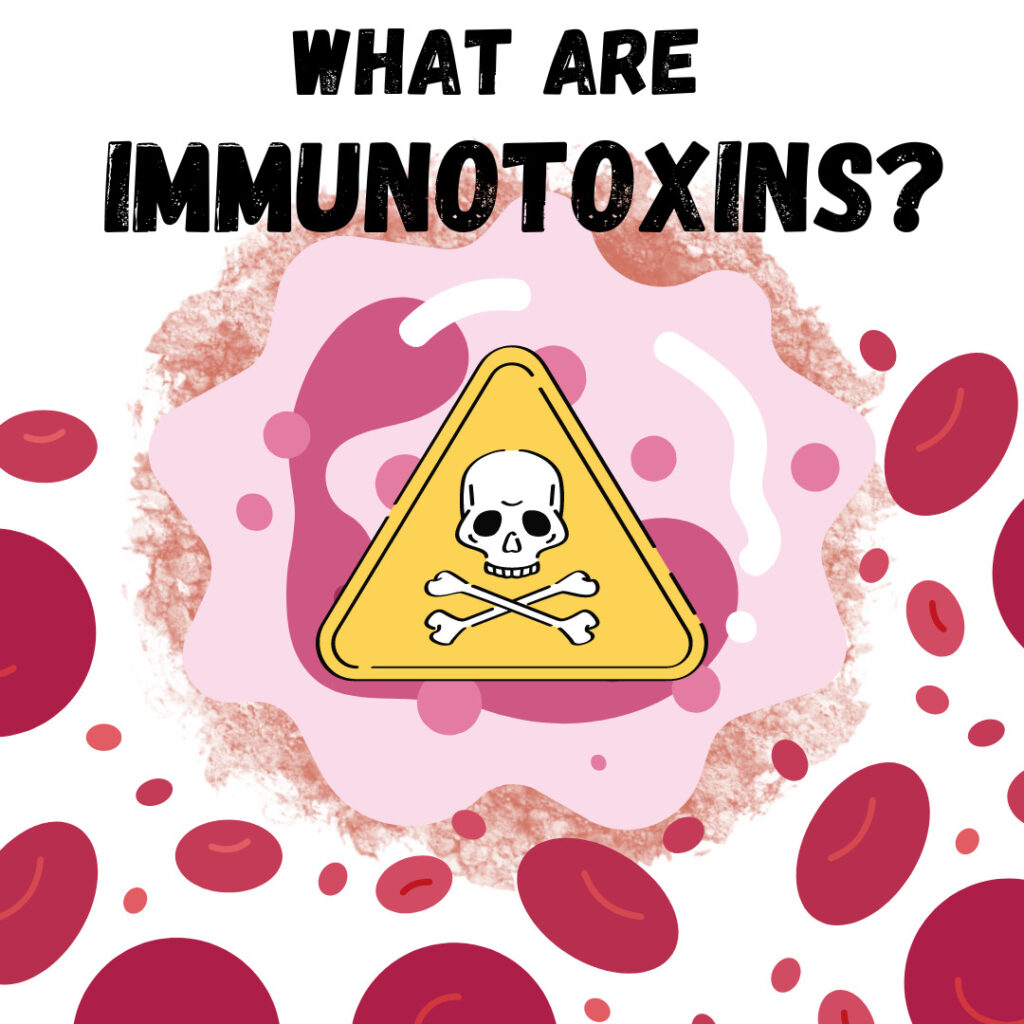Key takeaways: Immunotoxins are immune cells that have been chemically bound to toxic
chemicals. These immune cells are able to target specific cells—in this case, mesothelioma cells
by way of mesothelin—and kill them. LMB-100 is a mesothelin-targeting immunotoxic
treatment that successfully completed clinical trials. Immunotoxins like LMB-100 aren’t yet a
widespread means of treatment, but their success is promising.

What is an Immunotoxin?
Scientists have the capability to artificially “program” immune cells. In the case of
immunotoxins, immune cells are engineered with toxic elements—hence, immuno“toxin”—so
that when they bind to their target cells, the target cells are killed. In the context of mesothelioma
treatment, immunotoxins target only mesothelioma cells—so, the treatment isn’t systemic, or
disruptive to all cells, like chemotherapy or radiation.
How do Immunotoxins Help Treat Mesothelioma?
A thorough understanding of mesothelioma’s growth (oncogenesis and carcinogenesis),
maintenance, biological tendencies and products, and physiological proclivities presupposes
successful immunotoxin treatment. This means that scientists need to understand how
mesothelioma grows, what it produces, and what systems keep it alive in order to target it;
currently, we don’t yet know all of the answers. Plus, because immunotoxins rely on the injection
of toxins into the body, the patient’s existing immune cells usually attempt to destroy them
before they can reach their target.
Despite these obstacles, scientists have identified mesothelin as a viable biomarker (and target)
for mesothelioma therapies. Mesothelin is a highly-upregulated surface protein on mesothelioma
cells; in normal cells, there are trace amounts of mesothelin, but not nearly enough to be targeted
by immunotoxic cells. By programming immune cells—like cytokines, T cells, and B cells—to
seek out mesothelin-marked cells, scientists are able to “train” them to kill mesothelioma cells.
Are There Clinical Trials for Immunotoxins?
Because of the aforementioned issues, scientists have taken to a multimodal approach for
implementing immunotoxin therapy. The immunotoxin LMB-100 has successfully completed
clinical trials, and works by targeting mesothelin. Adjustments accounting for the immune
system’s tendency to destroy LMB-100 include Hassan et al.’s work, in which researchers gave
patients chemotherapeutic drugs prior to LMB-100 introduction. This way, the patient’s natural
immunity was somewhat decreased, so the immunotoxic immune cells weren’t destroyed en
route to the mesothelioma tumors.
As a plus, immunotoxic therapies also seem to prevent the recurrence of mesothelioma once it
has been destroyed, so LMB-100’s administration helps scientists uncover the pathways of
mesothelioma’s growth. Recurrent mesothelioma is significantly harder to treat, so this finding is
exciting.
Because immunotoxins need to be engineered in labs and are highly patient-specific,
immunotoxin-based therapy isn’t yet widespread. However, its discovery is exciting, and the
treatment will likely evolve as scientists uncover more about the insertion, growth, and spread of
mesothelioma.
If you or a loved one has been diagnosed with mesothelioma, please call 1 (800)-505-6000 or fill
out our form. We are here to help you navigate the legal process of filing a claim to receive
compensation for your mesothelioma diagnosis. We help mesothelioma victims and their
families in Pennsylvania.
Sources:
https://www.cancer.gov/research/participate/clinical-trials-search/v?id=NCT03644550
https://www.science.org/doi/abs/10.1126/scitranslmed.3006941
https://www.cancer.gov/publications/dictionaries/cancer-terms/def/immunotoxin